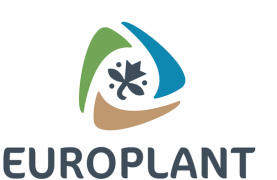Abstract
The technique of biofortification with selenium (Se) in several agricultural crops has been well researched by the scientific community. However, for vegetable crops cultivated in tropical conditions, there is still little information. The objective of this study was to evaluate the effect of the application of Se in the soil on physiological, agronomic, biofortification and antioxidant enzyme activity in tubers of Solanum tuberosum L. grown in tropical soil. Potato plants (cv. Agata) were cultivated in pots (7 kg) with soil that received two sources of Se (selenate and selenite) and five doses of Se (0; 0.75; 1.5; 3.0 and 5.0 mg kg−1). The results showed that the application of Se by both sources increased its content in the tubers. When applied in small doses, it provided beneficial effects on the production of tubers, increased Ca content in shoots and activated enzymes of the antioxidant system. High doses, in addition to decreasing production, reduced S content, pH and peroxidase activity in the tubers. Thus, selenate is the most efficient source for biofortification of potato under tropical conditions when supplied in low doses.















